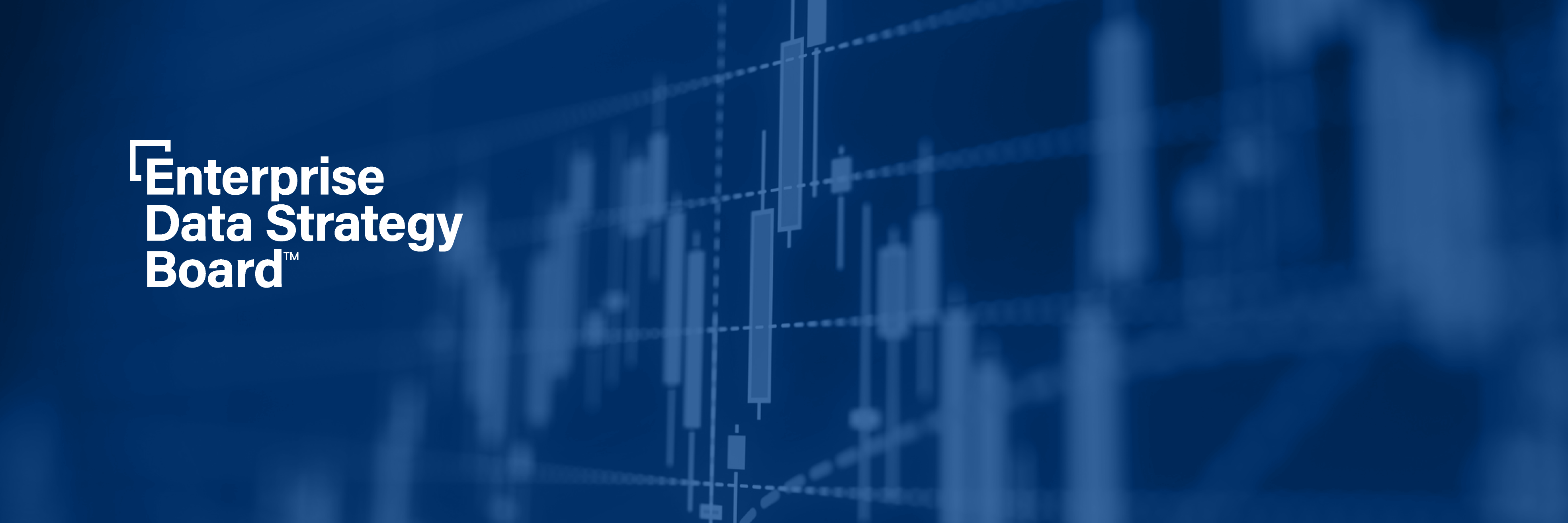It’s no secret that data and analytics hold the power to generate incredible insights for an enterprise. But what if that data could serve a greater good?
As more organizations across the globe discover the transformative potential of data and predictive analytics, many have considered the prospect of humanitarian use. From preventing illness and food shortages to protecting wildlife, there are limitless possibilities to harness data in meaningful and creative ways.
This movement is commonly referred to as “data for good,” and it’s quickly gaining momentum. Today, there are even several organizations solely dedicated to this mission, including DataKind and Data4Change.
When leaders are willing to donate their time and resources to solving real-world issues, the benefits extend far beyond the confines of the enterprise.
For example, analytics and software vendors quickly mobilized at the start of the COVID-19 pandemic to develop models for healthcare organizations and government entities working to mitigate the spread of coronavirus. As reported by TechTarget, Tableau developed dashboards that visualized the virus’ spread, and SAS built reports that highlighted key COVID-19 statistics.
Companies are operating within the era of data abundance and many industry leaders have begun to feel the duty to leverage these resources for a greater purpose.
Still, how can organizations donate their time and expertise without overburdening their teams or compromising privacy?
Donating your data
When it comes to leveraging data for good, UPS Senior Director of Advanced Analytics Mallory Freeman believes that big problems require big solutions.
During her 2016 TED Talk titled “Your company’s data could help solve world hunger,” Mallory said in order to solve complex issues, we need everyone at the table — including large enterprises.
Frankly, nonprofit organizations and humanitarian groups could use the help, many of whom do not have the luxury of having data and analytics professionals on staff. Enterprises could step in and fill this gap.

“Companies have a major role to play in fixing the big problems in our world.”
Mallory Freeman, UPS Senior Director of Advanced Analytics
For example, she referenced how a major telecommunications company opened up their data collected from cell towers along the Ivory Coast in Senegal to find patterns in travel that could predict the spread of malaria.
Still, donating enterprise data is not enough. Instead, Mallory outlined three core efforts that companies should consider: donating data, donating data scientists, and donating technology.
“Why?” She prompted. “To unlock insights and data you need decision scientists.”
In order for the data to fulfill its real potential, it’s clear that companies will need to be more involved.
Additional enterprise benefits
There could be a number of objections or hesitations when donating data — above all, privacy concerns. Mallory noted that, of course, enterprises should respect privacy by anonymizing the data.
Furthermore, an enterprise may be unwilling to contribute its data scientists’ time to an external organization. After all, plenty of teams already struggle with bandwidth. Mallory suggested that implementing a longer timeline of support could ease this objection.
“Say, for example, five years. This might only amount to a couple of hours per month, which a company would hardly miss,” she explained.
By spreading the assistance over a long period of time, you create long-term partnerships between the data scientists and the organization they’re helping, ultimately allowing for a deeper understanding of the data.
Plus, companies have more than just data scientists up their sleeves — analytic software has enabled major operational efficiencies at most organizations. This is another resource that humanitarian efforts could greatly benefit from.
It’s undeniable that data can be a powerful tool in solving worldwide challenges, but there are also a number of unexpected benefits for the enterprise. Large companies and nonprofits can form a symbiotic relationship around the concept of data philanthropy.
Cindi Howson, ThoughtSpot Chief Data Strategy Officer and former VP Analyst at Gartner, spoke on these benefits at the 2019 Gartner Data and Analytics Summit, where she highlighted the growing attention on corporate, social, and responsibility initiatives.
Cindi suggested that a data philanthropy program could allow an organization to be more attractive to incoming talent — a welcomed benefit in an industry facing recruiting challenges and worker shortages.
“We do believe we see, particularly with Millenials, that employers with these programs are more attractive employers,” Howson was later quoted saying in an InformationWeek article on the summit.
She also pointed out that companies without environmental and social performance initiatives tend to have a lower cost of capital than those with — even if that’s based on correlation, not causation.
There are enterprise benefits that go far beyond good PR, according to Mallory.
“Humanitarian aid is a $24 billion sector, and there’s over 5 million people — maybe your next customers that live in the developing world,” she said.
Furthermore, companies engaging in data philanthropy are finding new insights that might be hidden in their data.
For example, Mallory shared a story of how a credit company used card swipes to unlock insights into how those in Indian households earn and spend. The data was used to help bring individuals out of poverty, but it also provided the credit card company with information on their current and potential Indian customers.
How your company can make a difference
In closing her TED Talk, Mallory said data philanthropy not only makes good business sense but also holds the potential to revolutionize the humanitarian world.

“We could feed, clothe, and shelter hundreds of thousands more people, and companies need to step up.”
Mallory Freeman, UPS Senior Director of Advanced Analytics
Of course, organizing initiatives of this nature is no small task and there are always more in-depth logistics to consider. As a data strategy leader, where should you begin?
Mallory is part of our vendor-free, leaders-only community, The Enterprise Data Strategy Board, where she has discussions on topics like this with senior-level data leaders at billion-dollar brands.


